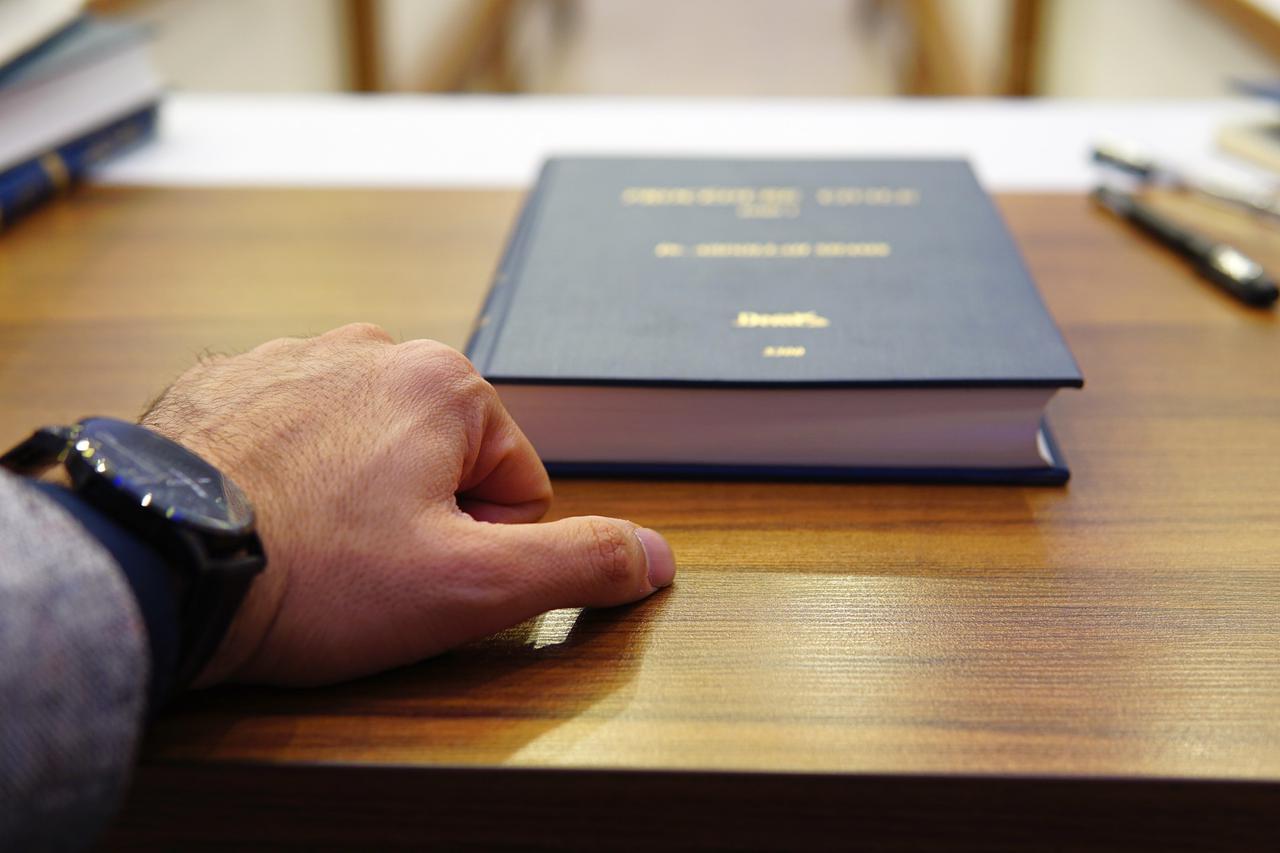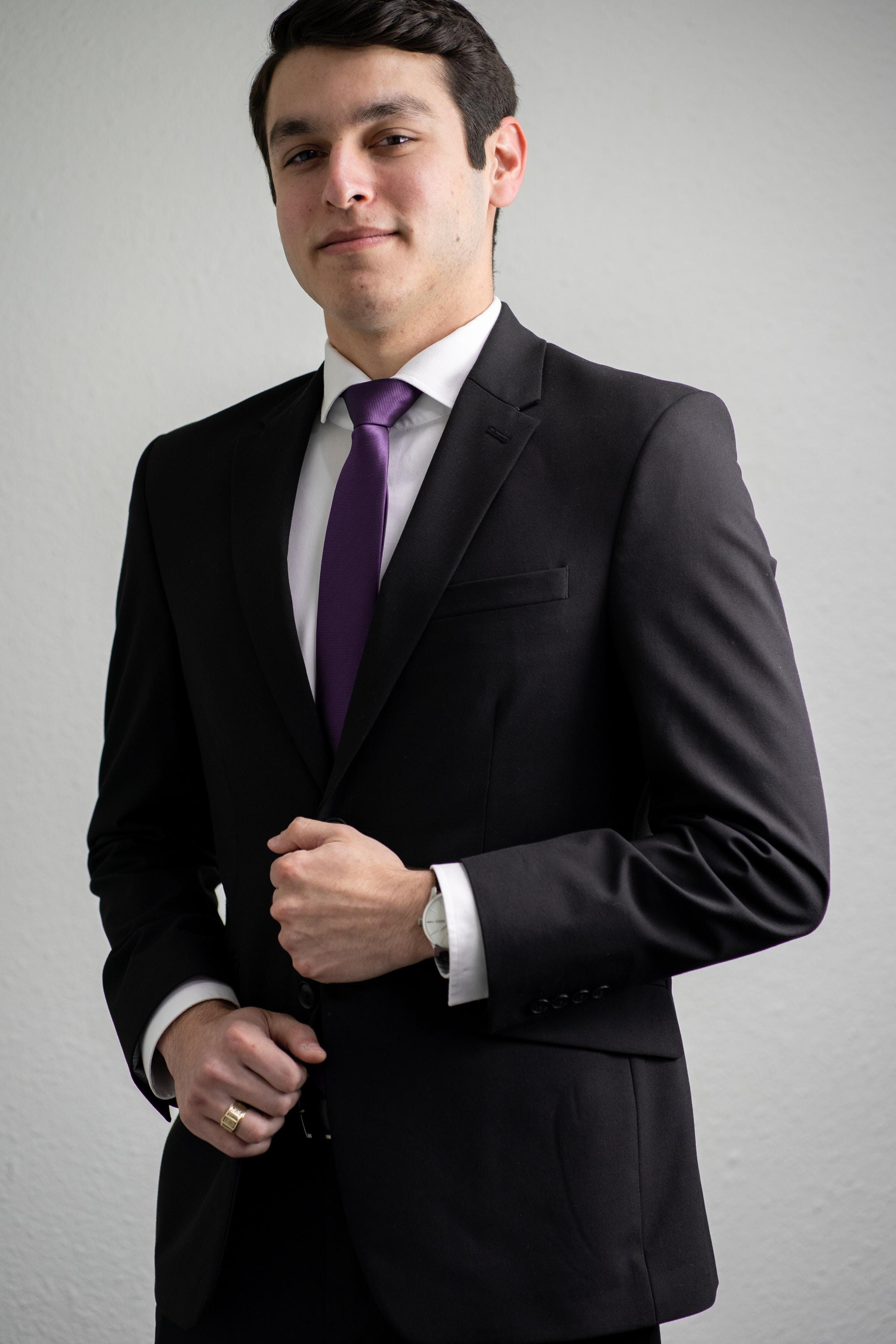When you’ve been charged with a crime, your first instinct may be to say as little about the inciting incident to law enforcement and other people as possible. It’s a wise approach; if you talk too much about what happened to the wrong person, it could easily be used against you as evidence if your case were to go to trial. But there’s one exception you should make to this when it comes to talking about your case: your attorney.
Even if you haven’t actually retained an attorney yet, certain forms of communication like free consultations are protected by attorney-client privilege. These consultations are a crucial starting point when it comes to building the rest of your case. Telling the attorney you’re speaking with the full truth of the case from your perspective allows them to accurately gauge how (and to what extent) they can help you.
There are a few critical topics you should cover when you first speak with your criminal defense attorney. The way the incident occurred from your point of view, any personal connections you have with the victim or co-defendants in the case, and any pieces of evidence you know of or possess are all vital pieces of information for an attorney to use to create the best possible defense strategy for your circumstances.
How the incident happened from your perspective
You should be as straightforward and honest as possible about how the inciting incident that led to your criminal charges occurred. Other people related to the case may testify and introduce different versions of the same story, so it’s important that yours remains as consistent and truthful as possible, especially if you believe there may be evidence to support your version of the sequence of events.
This straightforwardness is crucial to the success of your case even in situations where you believe yourself to be guilty of the crimes you’ve been charged with. A lawyer who understands what you actually did compared to the charges levied against you can more easily find opportunities to reduce those charges or have them dismissed entirely, if the circumstances of the case make either of these solutions viable.
Whether you’re personally connected with anyone else involved in the incident
Many crimes that take place in the United States occur between people who know each other personally to some degree, so making any personal connections with other people involved in the case clear from the beginning is paramount. These connections could be used against you to form a narrative that establishes a motive on your part. They could also be used to question the truth of your version of events.
Depending on the exact circumstances of the inciting incident, though, personal connections with other people involved in the case could be used in your favor as easily as in the prosecutor’s.
If, for example, one person present at the scene of the crime was a former romantic partner, any testimony they provide could potentially be questioned as a biased attack or fabrication against you. This, of course, completely depends on the nature of your connection, their role in the incident, and the available evidence.

What pieces of evidence you’re aware of
When you talk to your attorney, you should make them aware of as many potential pieces of evidence in the case as possible. Most importantly, this includes any footage, photos, or recorded information at the scene of the crime, but it could also include text messages, voice recordings, and even small details like the names and badge or license plate numbers of the arresting officers at the scene.
Giving yourself the best chance at a favorable result in your criminal case is a matter of preparation above all else. At Candela Law Firm, you’ll have the help of an experienced Tampa, FL criminal defense attorney who knows how to find opportunities to strengthen your case and is willing to fight for you. Get in touch with us now for a free consultation.

